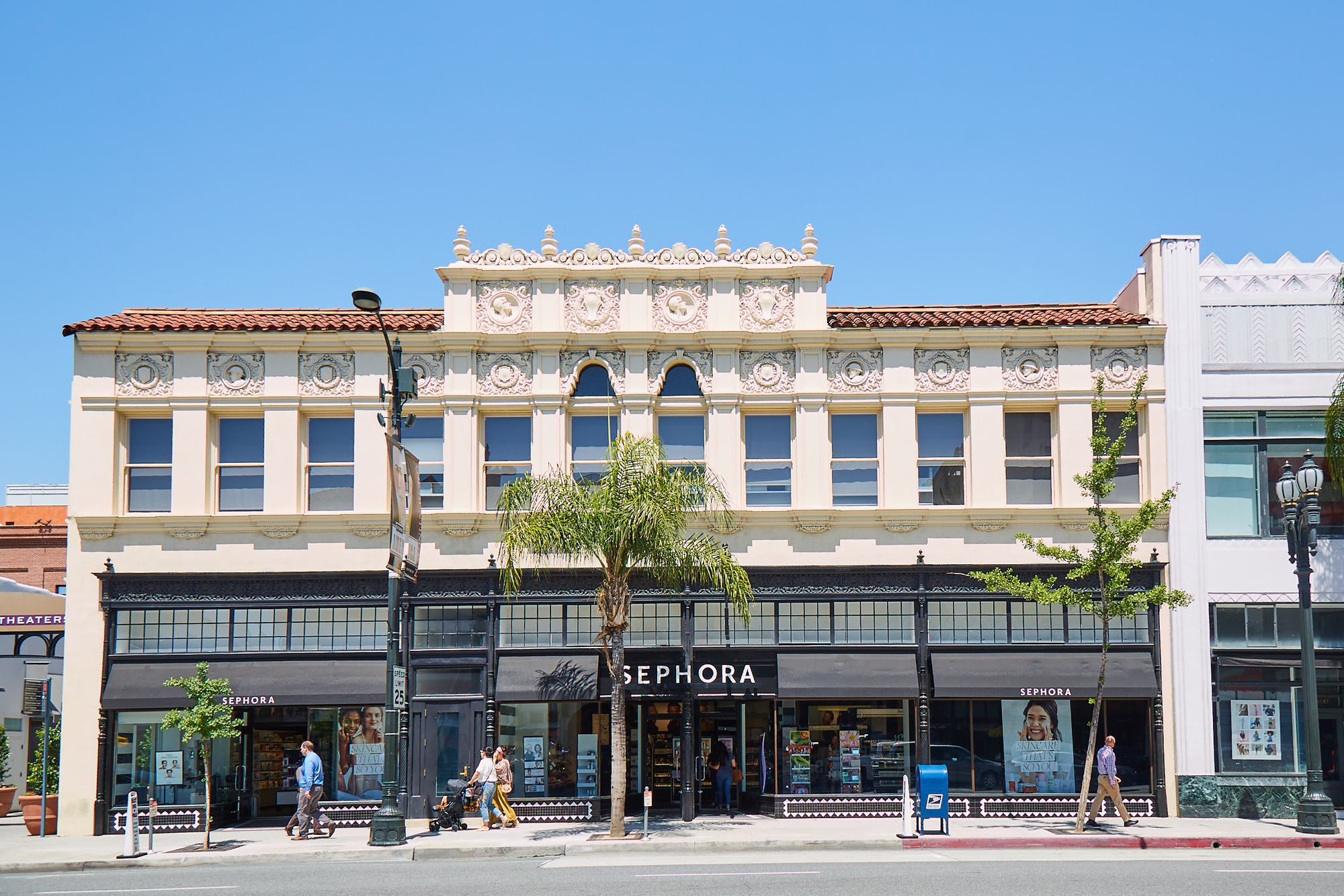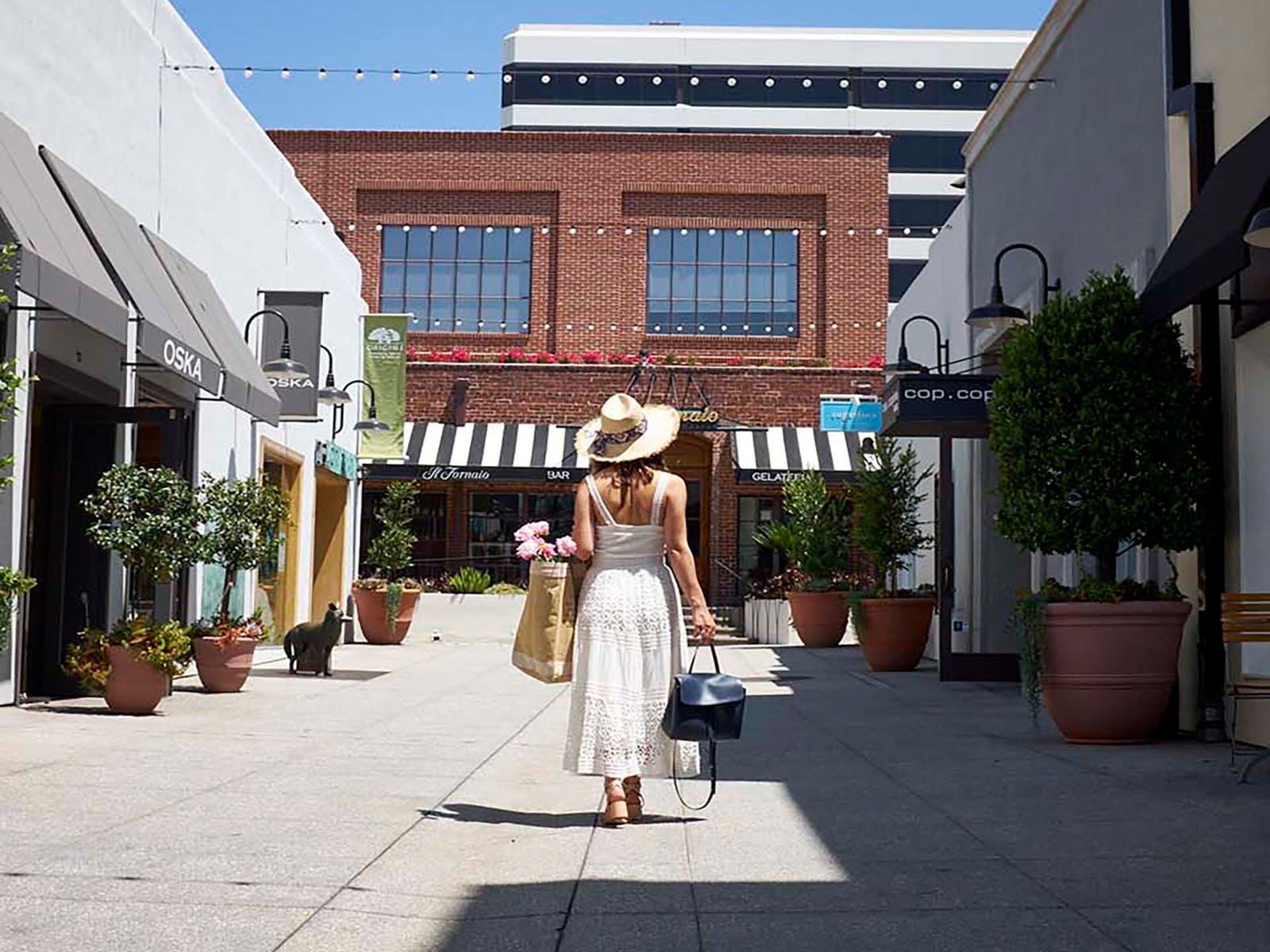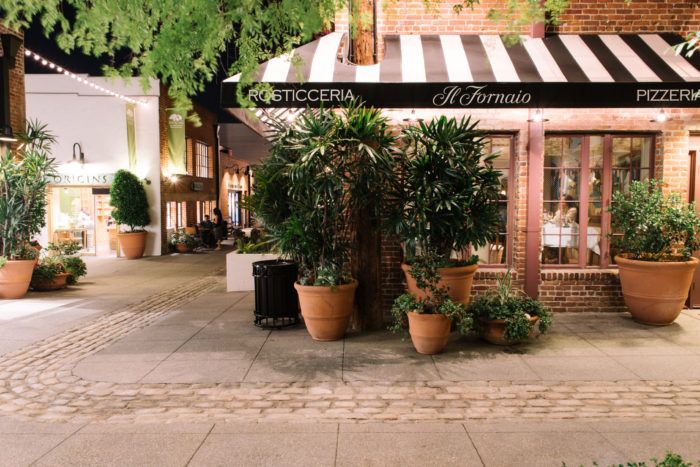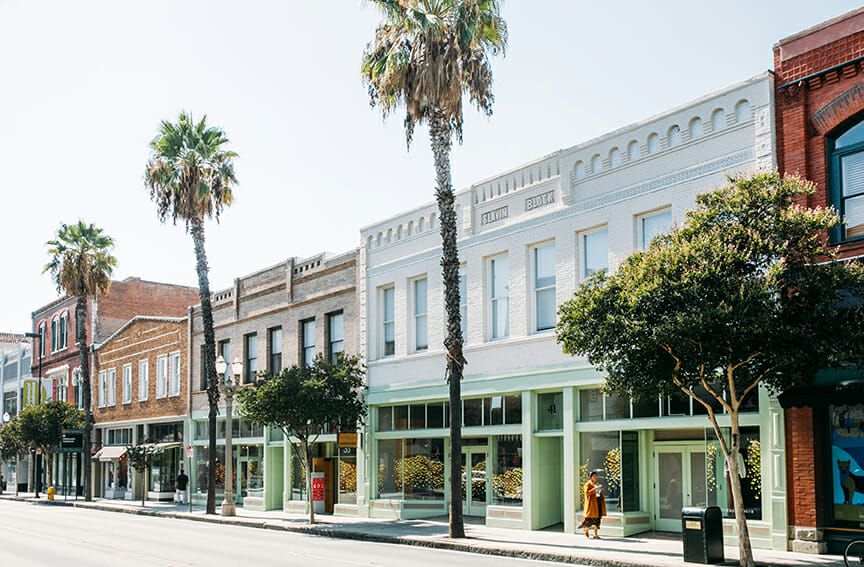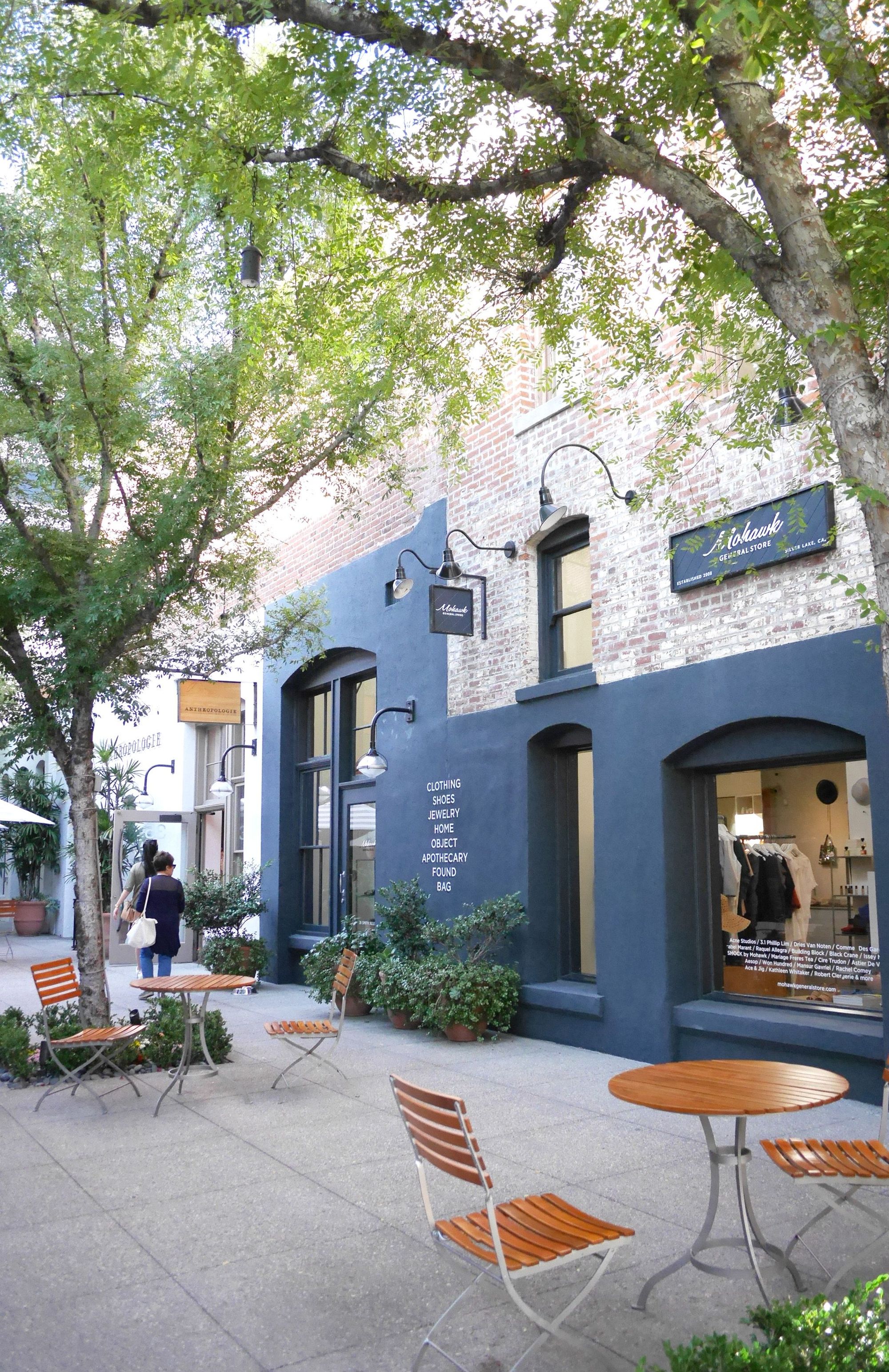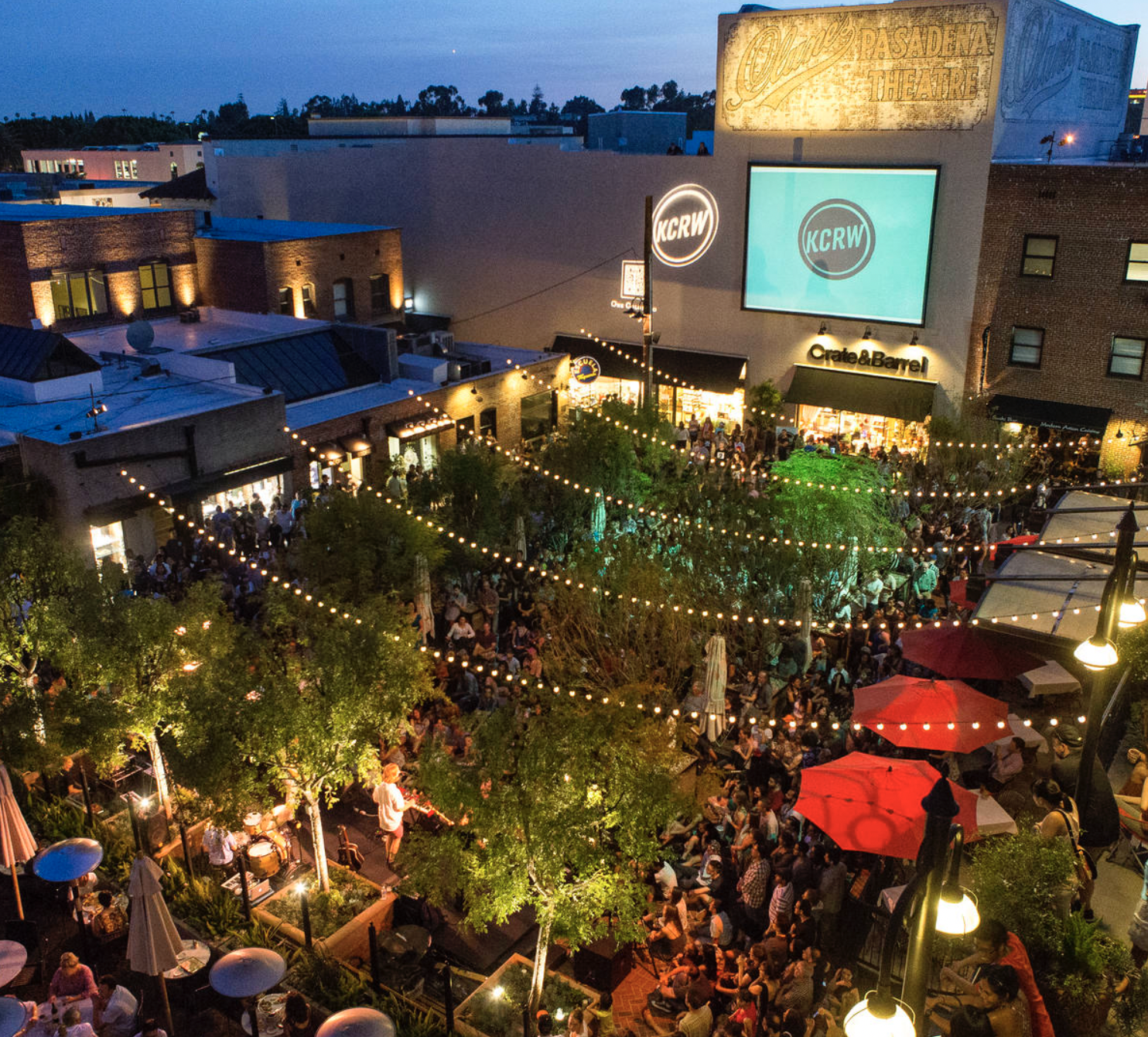In London, I learned the value of small independent stores and village High Streets. In Los Angeles, I learned the power of thoughtful, albeit mainstream, shopping centers.
Developer Rick Caruso created thoughtful mainstream shopping centers, and I wanted to dislike him. Around the time that he opened a new shopping destination in Los Angeles, I was working as a marketing director for a boutique al fresco shopping center nearby called One Colorado. My shopping center had what I considered real charm. Most of our buildings, facades, and walkways were from the early 20th century. Cobblestones from the original alleyways were integrated into the design scape. We had a public courtyard where people would gather at all hours of the day for respite or coordinated community events. We led in the high-end retail mix for our area and served as an anchor property in Old Pasadena, a highly regarded and authentic shopping destination in Los Angeles. I saw Caruso’s new development, just a ten-minute drive from us, and its attempt to recreate what we had as an annoying threat.
But that’s where his brilliance was and still is today. He knew that shopping centers needed to be more than a place to go, pay for something, and leave. It’s the sense of community, the Main Street landscapes, and the village vibe that captures shoppers’ hearts. It's in strolling through tree-lined streets and “lanes” with light posts and ambient music filling the air; getting ice cream and stopping in a central meeting place to spend time with friends and family; kids playing in a safe setting; finding comfortable places to sit while other members of your party pop in and out of stores to shop. And it's all in the mix of retail, dining, and services. These are all things you’d find and experience in a small town where community and commerce are the same. The property I worked at, One Colorado, and Caruso’s centers like The Grove and The Americana offer this in spades.
I was reminded of this when I read this piece about Caruso and his take on a post-pandemic retail world. He shared some beautiful truths:
“With respect to all the tragedy and all the struggle and all the terrible things that happened, it was also the biggest reset button in the history of mankind. Every business has to reevaluate their business model as every human being had to reevaluate their values and priorities. We are in the midst of the great human reconnection.”
This connection has seemingly always been about heart share. For Caruso, heart share is the passion people feel when they visit his centers. It’s the metric he uses for growing market share and is powered by “aligning retail with the 'human algorithm'” He believes that with the human algorithm as a guide, “We can predict what all of us want in the future. We have the ability and the strength and the courage to continue to challenge people to think outside of the box, to really push the thinking on.”
I couldn’t agree more. And no, I don’t dislike him; I don’t think I ever truly did. In fact, I respected the bold vision, the recognition of what people truly want at the deepest human level. Even if it is a manufactured version of the "real thing" and a place so close to my heart.
